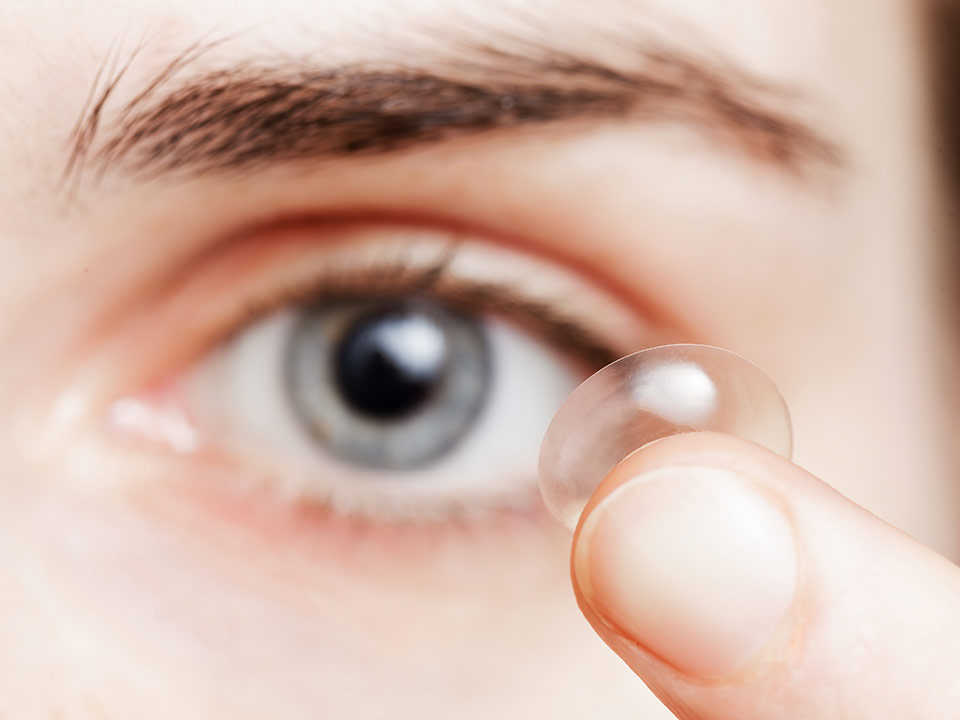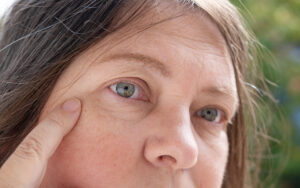LASIK vs. Contacts: Which is better and Safer?

LASIK is a type of corrective eye surgery that involves permanently changing the cornea’s shape. It is relatively inexpensive and safe. Its popularity is increasing every year because patients do not need to wear contacts or glasses after it is done. Results typically last over 10 years, with most wearers never needing to wear contacts or glasses over this period.
Contacts and glasses are corrective glass or plastic instruments that redirect light to the eye retina, correcting vision problems. The effect is temporary, requiring wearing to use them whenever they want clear vision.
Both options have greatly benefited many, but which is better and safer? This article endeavors to address this question.
LASIK vs. Contact Lenses. Which is better?
LASIK is associated with increased satisfaction
Studies have shown that LASIK patients are more satisfied than patients using contacts or glasses. Patients who have undergone LASIK stated that they had reduced difficulties with night vision with a lesser occurrence of halos or glare. They also stated they had a lesser occurrence of dry eye.
In a study that lasted 3 years, former contacts and glasses wearers who had undergone LASIK stated that they were more satisfied compared to contact and lens wearers. Though younger patients below 40 years were more likely to be satisfied than older patients, they also stated better quality of life.
LASIK vs. Contact Lenses. Which is safer?
LASIK has fewer complications long term
Though LASIK surgery is relatively safe, with mild complications expected to occur in less than 10% of the patients, the low risk of serious complications may discourage some patients. Some of the complications associated with LASIK are summarized in the table below.
Though most of these complications are usually temporary, they may persist even after minor corrections are done shortly after surgery in some patients. Newer surgery procedures have significantly reduced unwanted complications; however, the possibility exists.
Though contacts may appear safer than LASIK surgery, contacts also carry significant risks of developing complications. This is likely to poor hygiene practices when using contacts, such as not cleaning the hands when putting on and taking off contacts. Additionally, long-term contact wearers may stop doing safe practices such as removing contacts before bed, showering, or swimming.
Medical research has shown that using non-daily contacts for up to one year is associated with three times the risk of developing bacterial infections compared to LASIK. Additionally, even the use of daily disposable contacts is associated with three times the risk of infections after 5 years. Surprisingly, the use of daily disposable contacts is not statistically different from LASIK surgery in one year.
Therefore, using contacts, even daily disposable ones, is still associated with increased risks of complications such as infections after more than 5 years. LASIK is therefore associated with lower risks of developing infections long term compared to contacts.
The long-term quality of vision is debatable.
Though LASIK may correct vision for over 98% of the patients who undergo surgery, patients will still require to wear contacts or glasses eventually. LASIK corrects vision in patients over 18 and above; however, results will only last until 50 years of age, when natural aging of the eyes will require prescription glasses or contact correction.
Additionally, some patients may still require contacts or glasses a few years after surgery if:
- Their perception had not settled before LASIK surgery
- They develop an illness such as diabetes or glaucoma that affects vision
- They are extremely near- or far-sighted
In rare cases, LASIK patients may also develop glare or haloes in their vision, especially when facing bright light requiring prescription sunglasses or night driving glasses. On the other hand, contact and glass wearers can change their prescription anytime and attain clear vision.
Our take
When comparing LASIK and contacts, it isn’t easy to settle on one that is safer or better. Both types of eye correction have their benefits and disadvantages that change in the short term or long term. LASIK surgery can correct vision long term for over 10 years; however, it is costlier short term and has risks of complications. Contacts are relatively inexpensive short term, but costs significantly accumulate over 35 years of daily use.
To determine which one is better and safer, patients need to understand the benefits and drawbacks of each type of eye correction and decide what they prefer. However, not everyone may qualify for LASIK surgery; therefore, consult an ophthalmologist before making any decision. Feel free to consult our ophthalmologists if you have issues with your vision and are deciding between LASIK or contacts.




